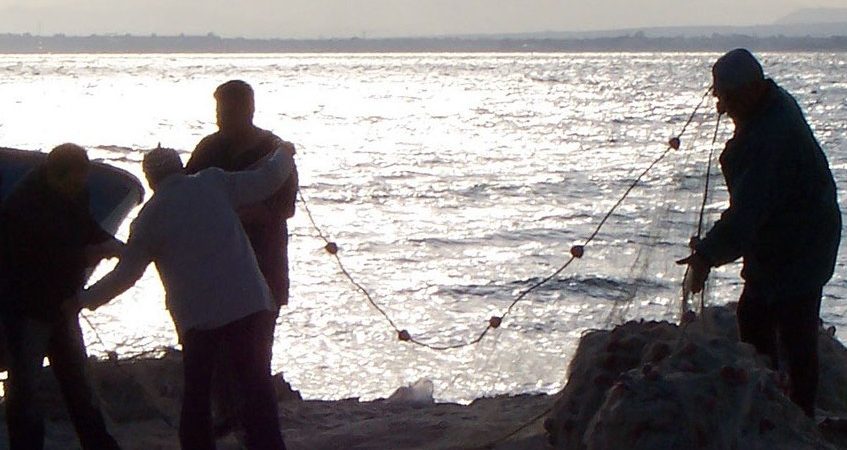Helping Tunisia to help Italy and Europe

15/02/2016
THE SITUATION IN TUNISIA REQUIRES STRONG INTERNATIONAL SUPPORT TO PREVENT A NEW ‘BREAD REVOLUTION’ WHICH COULD HAVE DISASTEROUS CONSEQUENCES
Statement from the NGO network ‘LINK 2007’ – 15 February 2016
It is better for States to prevent, spending what is necessary, rather than chasing after events and spending much more by intervening to try to stop conflicts, with the destruction, unspeakable suffering, massacres, exodus of people and the insecurities and destabilizations that they cause everywhere. The EU, the Member States and the international financial and development institutions are invited to move, while there is still time, to contain the periodic rebellions in Tunisia, a few kilometers from Italy, and prevent a possible destabilization of the country, resolutely supporting its exemplary but fragile democracy, the only one achieved with the ‘Arab spring’. It is the development and humanitarian NGOs of the ‘Link 2007’ network who express, with an articulated and motivated document sent to Minister Paolo Gentiloni and to the parliamentarians of the Foreign Affairs and Defense Commissions, the great concern for the future of Tunisia. They did so on the strength of their many years of experience in countries and contexts that quickly turned into war zones, often surprising the EU and European countries. It is an invitation to prevent, rather than intervene to fix, as has been done too often so far. Tunisia, the Mediterranean country closest to Italy, is today poised between strengthening the democratic process and destabilization with foreseeable and devastating consequences on migration and terrorism. Investing in Tunisia and neighboring countries, also by supporting the efforts of civil society, is investing in our future of stability and peace. Indeed, a collapse of Tunisia would jeopardize the same security and stability in Italy and in Europe, and it will not come at no cost. The way that the NGOs of ‘Link 2007’ are proposing is the rapid establishment of a specific international fund made up of contributions from the European Commission, the Member States, all the countries concerned, the European financial and development institutions and international, including Arab and Islamic ones, taking into consideration Tunisia together with the two neighboring countries, Libya and Algeria. A trust fund for the creation of a ‘Marshall plan’, of which Italy, given its proximity, could become the promoter. According to Link 2007 estimates based on the state budget, Tunisia alone will need at least 20 billion euros a year for the next five years, aimed at priority investments, with the aim of narrowing the gap of inequalities that weigh particularly on internal regions and degraded urban suburbs, drastically reducing unemployment and attracting new capital and external investors. Without rapid and significant interventions, Tunisia could experience a new popular revolution: most likely destructive this time, which would put the entire Euro-Mediterranean area at risk, starting with neighboring Italy.
